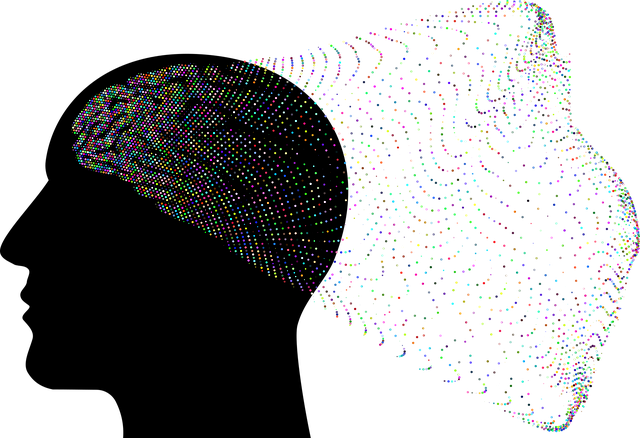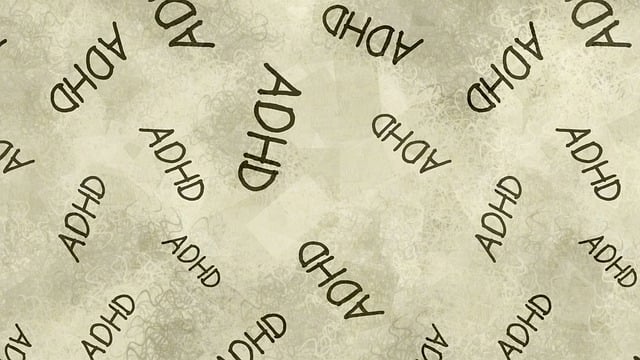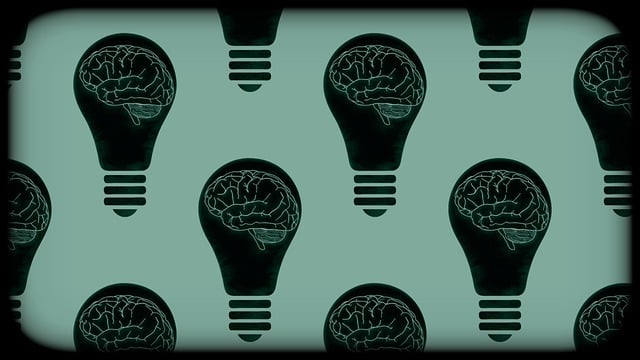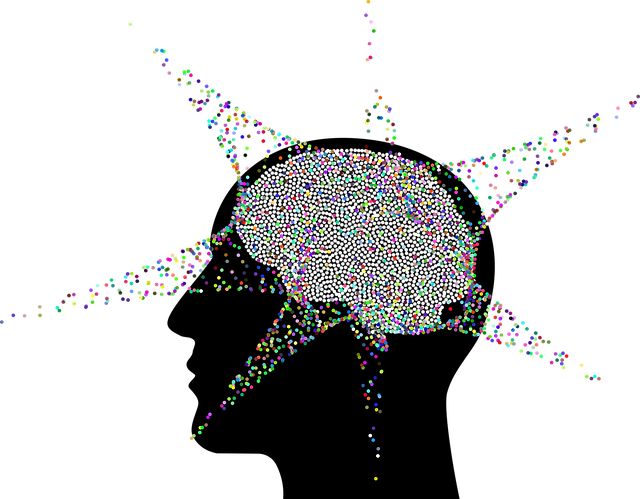Northglenn Divorce Therapy offers a comprehensive approach to emotional well-being post-divorce, focusing on mood regulation and resilience building. Through therapeutic exploration, personalized sessions, and evidence-based strategies like cognitive reframing and mindfulness, clients gain insights into their emotions, learn effective coping mechanisms, and cultivate emotional intelligence. This holistic program goes beyond symptom management, empowering individuals to navigate challenges, enhance mental health, and foster positive relationships, ultimately leading to better life transitions and long-term emotional stability.
Mood regulation strategies are essential tools for maintaining emotional balance. In today’s fast-paced world, understanding how to manage our moods effectively can significantly enhance our overall well-being. This article explores various methods, from cognitive strategies and mindfulness techniques to building resilient coping skills, offering valuable insights into achieving long-term mood regulation. For a holistic approach, consider Northglenn Divorce Therapy, which combines these tactics to help individuals navigate complex emotions.
- Understanding Mood Regulation: Unraveling Emotional Balance
- Northglenn Divorce Therapy: A Holistic Approach to Mood Management
- Cognitive Strategies for Better Mood Control
- The Role of Mindfulness and Relaxation Techniques
- Building Resilient Coping Skills for Long-Term Mood Regulation
Understanding Mood Regulation: Unraveling Emotional Balance

Understanding Mood Regulation is a crucial step towards achieving emotional balance, especially for individuals navigating complex life situations like divorce. Northglenn Divorce Therapy recognizes that managing moods effectively is a vital skill set for healing and rebuilding after a significant relationship ends. By unraveling the intricate web of emotions, clients can begin to identify patterns and triggers that contribute to their current state of mind.
This process involves exploring various mood regulation strategies such as confidence-boosting techniques, stress reduction methods, and conflict resolution skills. These tools empower individuals to navigate challenging emotional landscapes, fostering resilience and a sense of control. Through therapy, clients learn to recognize and challenge negative thought patterns, replacing them with healthier coping mechanisms that promote overall well-being.
Northglenn Divorce Therapy: A Holistic Approach to Mood Management

Northglenn Divorce Therapy offers a holistic approach to mood management, addressing the complex interplay between emotional well-being and life transitions. This unique program recognizes that coping with divorce or separation involves more than just managing symptoms; it’s about fostering resilience and rediscovering balance. Through personalized sessions, individuals engage in Self-Awareness Exercises to understand their emotions and triggers, a crucial step in preventing Burnout Prevention and promoting healthy coping mechanisms.
The therapy focuses on empowering clients with tools to navigate challenging situations, enhance emotional intelligence, and cultivate positive relationships. By combining evidence-based practices with compassionate support, Northglenn Divorce Therapy helps individuals build resilience, find solace, and move towards a more fulfilling post-divorce life.
Cognitive Strategies for Better Mood Control

Cognitive strategies play a pivotal role in helping individuals gain better control over their moods and emotional well-being. Techniques like positive thinking and reframing negative thoughts can significantly impact mental health. For instance, Northglenn Divorce Therapy emphasizes the power of cognitive restructuring to help clients navigate challenging situations with resilience. By identifying and challenging unhelpful thought patterns, people can foster a more optimistic outlook, enhancing their ability to cope with stress and adversity.
Developing inner strength is another crucial aspect of mood regulation. Mental wellness coaching programs often guide individuals through exercises designed to build emotional resilience and self-confidence. Encouraging positive thinking and fostering a sense of control over one’s life can lead to improved mental wellness. This, in turn, allows people to better navigate life transitions, such as divorce or other significant changes, promoting long-term emotional stability.
The Role of Mindfulness and Relaxation Techniques

Mindfulness and relaxation techniques have become powerful tools in the emotional healing processes of individuals seeking Northglenn Divorce Therapy. These practices encourage a focused awareness on the present moment, helping to calm the mind and reduce stress levels associated with separation or divorce. Through simple breathing exercises and guided meditations, clients can learn to disengage from overwhelming emotions and gain a sense of control over their mental state.
Incorporating these techniques into therapeutic routines supports not only individual healing but also facilitates conflict resolution techniques within the context of Northglenn Divorce Therapy. By promoting relaxation, mindfulness empowers individuals to navigate challenging conversations with clarity and composure, potentially leading to more constructive outcomes during the divorce process. This holistic approach, combined with community outreach program implementations, can create a supportive environment where emotional healing is prioritized.
Building Resilient Coping Skills for Long-Term Mood Regulation

In today’s fast-paced world, maintaining emotional well-being is a continuous process, especially for individuals navigating complex life transitions like divorce. Northglenn Divorce Therapy offers more than just short-term solutions; it focuses on building resilient coping skills for long-term mood regulation. Through tailored therapy sessions, clients learn effective strategies to manage stress and emotions, fostering mental durability that transcends challenges. This proactive approach empowers individuals to navigate life’s storms with resilience, ensuring better emotional health outcomes.
Community Outreach Program Implementation plays a crucial role in this process by providing support networks and Mental Health Education Programs Design tailored for at-risk populations. By addressing the root causes of mood disorders and reducing the stigma associated with mental illness through these initiatives, Northglenn Divorce Therapy contributes to a more supportive societal environment. This holistic approach not only aids individuals in managing their immediate emotional needs but also promotes long-lasting positive changes by engaging in Mental Illness Stigma Reduction Efforts.
In navigating the intricate landscape of mood regulation, it’s clear that a multifaceted approach is key. From understanding emotional balance to adopting cognitive strategies and mindfulness techniques, individuals can forge a path towards resilience. Northglenn Divorce Therapy, with its holistic approach, offers a compelling framework for managing moods effectively. By combining these evidence-based methods with resilient coping skills, people can enhance their emotional well-being over the long term, enabling them to thrive even in challenging situations.














